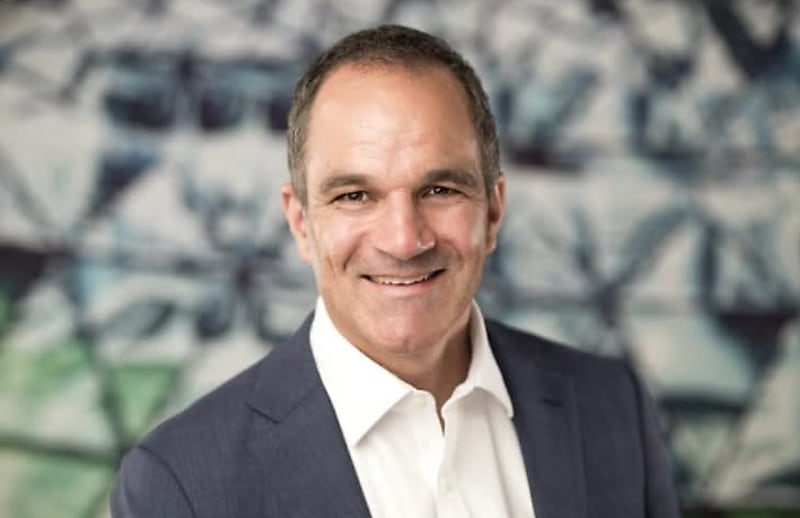‘Bureaucratic monster’: Industry pushes for changes to state, federal payroll tax
TaxBusiness bodies and accountants are calling for payroll tax to be revised on a national scale to alleviate additional pressure on struggling small businesses.

As the Victorian Labor government has rolled out payroll tax cuts to its small businesses, other state governments are being called on by business bodies and accountants to follow suit.
As the Economic Roundtable had been underway, Business NSW revealed that it should be one of the most notable taxes debated among attendees.
In an opinion piece written by Daniel Hunter, chief executive of Business NSW, it was pushed that payroll tax disproportionately impacted small- and medium-sized businesses by creating an “artificial ceiling on workforce expansion”.
“Payroll tax has grown up into a bureaucratic monster that is eating our state’s small and medium businesses. Business NSW is calling for a comprehensive review of payroll tax as part of a broader federal-state financial reform agenda,” Hunter said.
“If the major parties were serious about supporting small and medium businesses – as they claimed they were during the federal election campaign – then they would commit to comprehensive tax reform.”
In NSW, almost seven in 10 businesses told Business NSW that payroll tax had prevented them from employing staff, lending to Hunter’s plea to have the state and federal payroll taxes revised.
Hunter added that the federal government provided no immediate incentives for state governments that cut taxes, leaving them unable to take “bold action”, even when the economic case for reform was overwhelming.
Speaking to Accountants Daily, Kyelie Baxter, managing director of IQ Accountants, shared her accounting perspective on payroll tax, noting it was a “tough one” for small businesses based on the fact that it applied for simply employing people, rather than being connected to profit.
“For many business owners, reaching the threshold can feel less like a milestone and more like a penalty for doing well, employing people and contributing to the economy,” Baxter said.
“While payroll tax is a deductible expense, that doesn’t change the immediate cashflow pressure it creates. At a time when wages, inflation and compliance costs are already increasing, that extra layer of tax can make decisions around hiring and growth even harder.”
For NSW, Hunter shared the proposition of a reduced payroll tax rate from 5.45 per cent to below 5 per cent and increasing the payroll tax threshold to at least $1.5 million.
In addition to this, it was suggested by Hunter for the NSW government to introduce a regional payroll tax rate in line with Victoria at 1.21 per cent to “ensure NSW businesses remain competitive in other states, especially on the borders”.
This proposal comes after the Victorian state government lifted its payroll tax-free threshold from $900,000 to $1 million from 1 July 2025, meaning even more Victorian small businesses would pay no payroll tax.
Baxter also weighed in on this, yet said on a national level, greater consistency would make business life easier.
“Each state has its own thresholds and rules, which just adds to the complexity, particularly for businesses that operate across borders. A more harmonised approach would give small business owners more confidence to take on staff,” she said.
“For example, let’s consider higher thresholds, broader exemptions or just clearer alignment. Payroll tax shouldn’t discourage job creation. We want policies that encourage small businesses to grow because that’s where so much of Australia’s employment comes from.”




